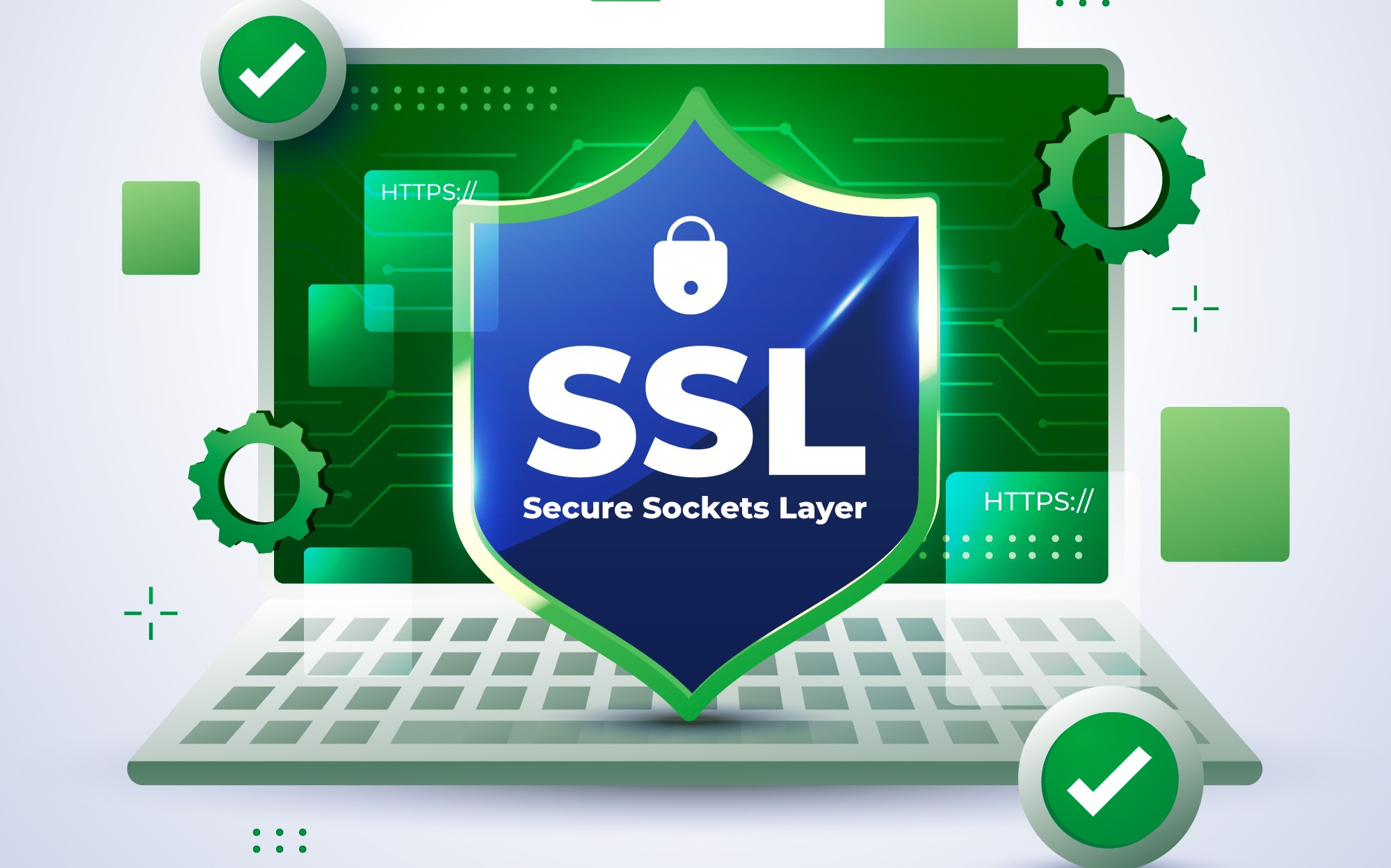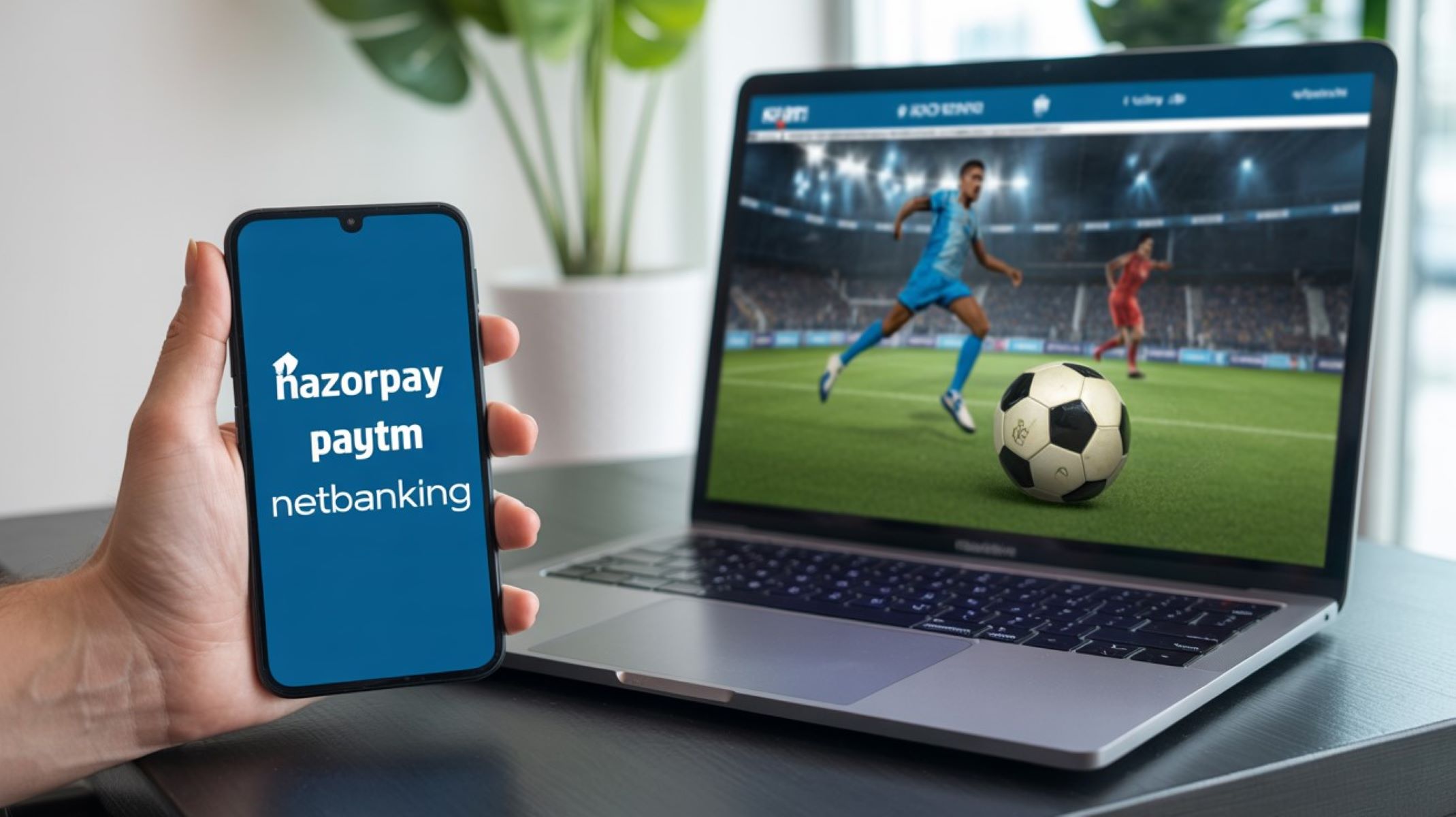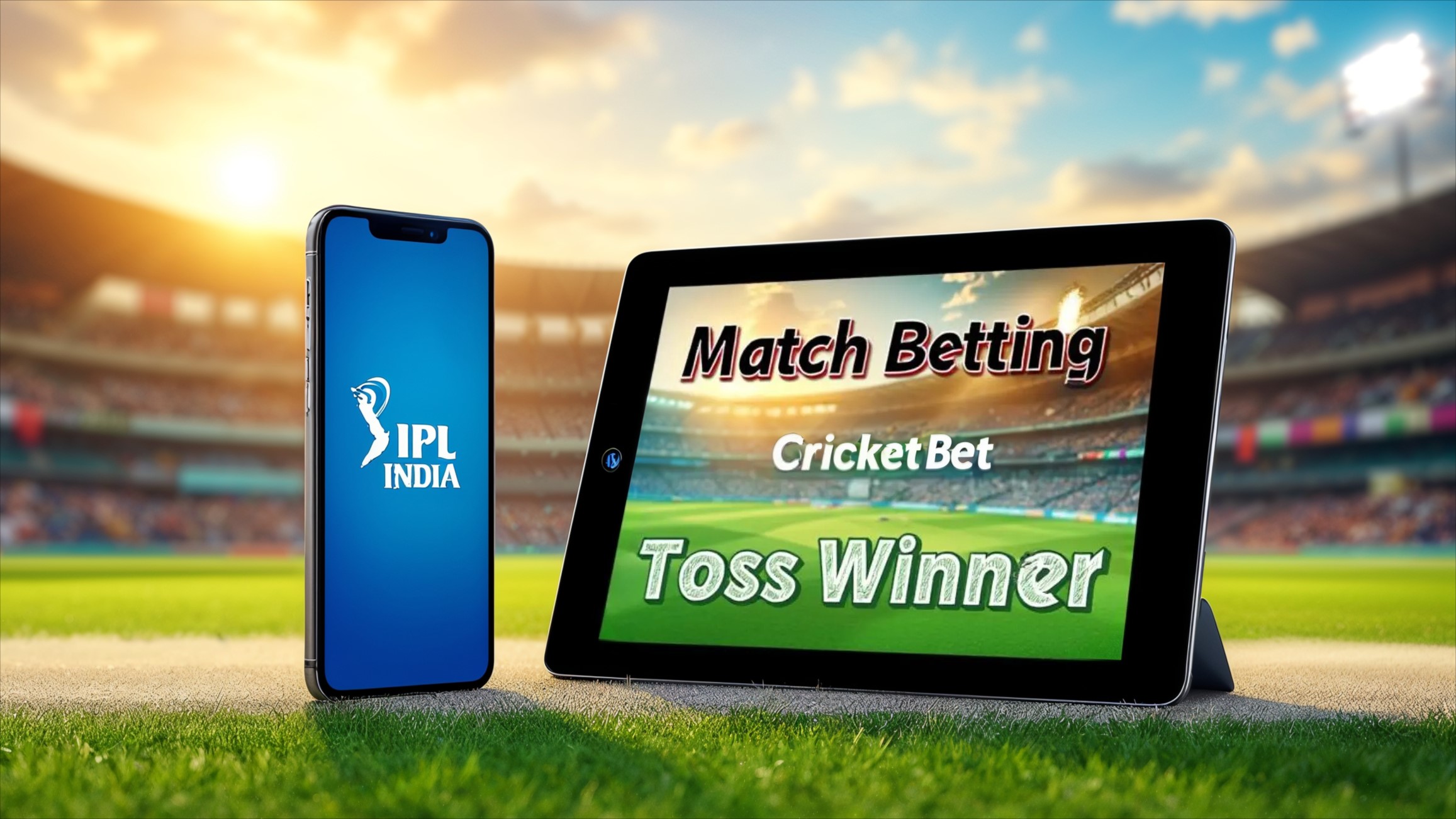If you’re diving into the world of Indian online casinos, you’ve probably wondered — how safe is my money? How protected is my personal info? Security isn’t just a fancy buzzword; it’s the backbone that keeps your gaming experience smooth, safe, and fun. Without it, online gambling could quickly become a nightmare. So, what security features should you watch out for? Let’s break it down.
Understanding Online Casino Security
When we talk about security in online casinos, it goes far beyond just a locked website or a password. At its core, security means safeguarding your personal information—everything from your full name, home address, to sensitive financial details like bank account numbers or card information. These details are the gateway to your identity and money, so if a casino can’t protect them properly, you’re essentially handing over your valuables without any real protection. This is why data encryption and strict privacy policies are non-negotiable for any trustworthy online gambling platform.
Equally important is the protection of your financial transactions. Online casinos handle deposits and withdrawals constantly, and if these processes aren’t secure, your money can be intercepted, lost, or stolen. A reliable casino uses advanced security protocols to ensure that every transaction is encrypted and verified. Without this, you could end up facing unauthorized charges or delays that affect your gameplay and trust in the platform. The safety of your money moving in and out of the casino should always be a top priority.
Another critical aspect of security that is sometimes overlooked is the fairness of the games themselves. It might seem obvious, but a secure casino guarantees that every card dealt, every spin of the slot, or every roll of the dice is genuinely random and not manipulated behind the scenes. This fairness is enforced through certified Random Number Generators (RNGs) and regular audits by independent organizations. If a casino can’t assure fair play, it’s like gambling on a rigged game — no matter how secure your data is, your chances of winning become a gamble in themselves.
For Indian players especially, the stakes around security are even higher. The online gambling market here is rapidly growing but still somewhat tangled in legal ambiguity. Not all operators are regulated or licensed, which opens the door to fraudulent sites and scams. Because financial data protection laws are also evolving in India, players must be extra cautious. A secure casino provides peace of mind by not only protecting your personal and financial information but also operating transparently under recognized licenses. This added layer of trust becomes the foundation of a safe and enjoyable online gaming experience.
Top Security Features Indian Players Should Look For
When choosing an online casino, especially in India, there are several crucial security features you should always check to ensure your safety and peace of mind. Here’s a comprehensive list of the most important layers of security that a trustworthy online casino should provide:
- Licensing and Regulation
A casino must hold a valid license from a reputable regulatory authority. This license is proof that the casino operates under strict guidelines and standards designed to protect players. Some of the most respected licensing bodies worldwide include the Malta Gaming Authority (MGA), the UK Gambling Commission (UKGC), the Gibraltar Regulatory Authority, and Curacao eGaming. While not all of these licenses are issued specifically for India, casinos licensed by MGA or UKGC are widely regarded as reliable and player-friendly. A license ensures the casino is subject to regular audits, player complaint resolution, and responsible gaming enforcement. - SSL Encryption
SSL (Secure Socket Layer) encryption is essential for protecting your personal and financial information when you interact with the casino’s website. This technology scrambles your data as it travels between your device and the casino’s servers, making it virtually impossible for hackers to intercept or misuse your sensitive details. To verify SSL encryption, look for “https://” at the start of the casino’s web address and a padlock icon in the browser’s address bar. Without SSL, your data is exposed to cyber threats like identity theft and financial fraud. - Secure Payment Methods
Reliable casinos offer a variety of safe and popular payment options tailored for Indian players. These usually include UPI (Unified Payments Interface), Paytm wallets, e-wallets such as Neteller and Skrill, direct bank transfers, and credit or debit card payments. Each method comes with fraud detection systems and encryption layers to protect your money. Avoid casinos that push unknown or suspicious payment gateways, as these might put your funds at risk or delay transactions unnecessarily. - Two-Factor Authentication (2FA)
Two-factor authentication is an extra layer of security that requires more than just a password to access your account. Usually, this involves entering a unique code sent to your mobile phone or email after typing your password. This “double lock” system significantly reduces the chance of unauthorized access even if your password is compromised. If a casino offers 2FA, it demonstrates their commitment to protecting your account and personal data. - Fair Gaming and RNG Certification
Fairness in gaming is not just about chance but about trust. Reputable casinos rely on Random Number Generators (RNGs), which are complex algorithms designed to produce completely random and unpredictable outcomes in games like slots, blackjack, or roulette. To verify this, look for certifications from independent testing agencies such as eCOGRA, iTech Labs, or GLI (Gaming Laboratories International). These certifications confirm that the casino’s games are regularly tested to ensure they are fair and free from manipulation. - Privacy Policies and Data Protection
A trustworthy online casino will have a clear and transparent privacy policy explaining how they collect, store, and use your personal data. Look for casinos that comply with international data protection standards and regulations. They should never share your data with third parties without your consent and should have measures in place to prevent data breaches. - Regular Security Audits
Beyond licensing and encryption, leading casinos undergo regular security audits conducted by third-party specialists. These audits assess the casino’s entire security infrastructure, from software vulnerabilities to payment systems. Casinos that openly share audit results or certifications signal transparency and a strong commitment to player protection.
Spotting Red Flags in Casino Security
| Red Flag | What It Means | Why It’s Dangerous | How to Check | Recommended Action |
| No visible license or regulator info | Casino operates without official oversight | No guarantees of fairness, security, or player protection | Look for licensing info in the website footer or About section | Avoid playing; choose licensed casinos |
| No HTTPS or SSL encryption | Data transmission is not encrypted | Your personal and financial data can be intercepted by hackers | Check for “https://” and a padlock in browser address bar | Don’t enter personal info or payments |
| Limited or suspicious payment methods | Only unknown or unsafe payment options available | Higher risk of fraud, delays, or stolen funds | Review the deposit/withdrawal options listed on the site | Avoid casinos with unreliable payment methods |
| No clear privacy policy or terms & conditions | Lack of transparency about data usage and user rights | Your data may be misused or sold without consent | Read the Privacy Policy and Terms & Conditions pages | Steer clear of casinos without clear policies |
| Lack of independent fair gaming certifications | No proof that games are tested for fairness | Games may be rigged, reducing your chances of winning | Look for certifications from eCOGRA, iTech Labs, GLI | Avoid casinos without these badges |
| Poor customer service or unresponsive support | Support is slow, unhelpful, or unavailable | Problems with security or payments may go unresolved | Test contact options like live chat, email, or phone | Consider it a major red flag; don’t play |
How Indian Laws Affect Casino Security
The legal landscape for online gambling in India is notoriously complex and varies significantly from one state to another. Some states have explicitly banned online gambling activities, while others have yet to create clear legislation governing this sector. This creates a patchwork of rules that often leaves players confused about what is legal and what isn’t. For online casinos, this legal uncertainty means they must navigate a delicate balance—operating in a market with growing demand while respecting local laws that might differ widely. Because of this, not all casinos available to Indian players comply fully with Indian legal standards, which can create gaps in security and player protections.
This ambiguity in regulation directly impacts the level of security that Indian players can expect. Casinos that are licensed and regulated in other countries might not necessarily meet the strict security or legal requirements India may impose in the future. Moreover, some operators might prioritize profits over safety in a loosely regulated environment, potentially exposing players to risks like data theft or unfair gaming practices. Therefore, it becomes critically important for Indian players to seek out casinos that emphasize transparency, strong security protocols, and international licensing—even if local laws are still catching up. By doing so, players can protect themselves despite the gray legal area.
Responsible gambling tools also play a crucial role in how casinos manage security and player welfare within India’s legal context. These tools include options like deposit limits, self-exclusion features, and reality checks that help players control their gaming habits. While these measures are often part of regulatory compliance in well-governed markets, they serve a much deeper purpose. By offering these features, casinos demonstrate a commitment to player safety beyond just meeting legal requirements. They help prevent problem gambling, which not only protects the player’s finances but also promotes a healthier gaming environment overall.
Ultimately, the interplay between Indian gambling laws and casino security means that players must stay informed and cautious. Understanding that not all online casinos operate under the same legal or security frameworks is the first step. Choosing platforms with strong international licenses, clear security measures, and responsible gambling tools helps mitigate risks related to both legal uncertainty and personal safety. As India’s legal framework evolves, we can expect clearer standards and improved security for players, but until then, vigilance remains the best defense.
Practical Tips for Staying Safe While Playing
- Always do thorough research before signing up at any online casino. Read multiple reviews from trusted gambling websites to understand the casino’s reputation, security standards, and player experiences.
- Check player feedback on forums, social media, and gambling communities. Real users often share warnings or praise that you won’t find on the casino’s own website.
- Verify the casino’s licensing and regulatory status. Make sure it’s licensed by well-known authorities such as the Malta Gaming Authority, UK Gambling Commission, or other respected bodies to ensure the platform is legally compliant and monitored.
- Use a strong and unique password for your casino account. Combine uppercase and lowercase letters, numbers, and special characters to make it difficult to hack.
- Avoid recycling passwords across different websites or accounts. If one account is compromised, reused passwords can lead to multiple breaches.
- Enable two-factor authentication (2FA) whenever the casino offers it. This adds a second layer of security, requiring a code sent to your phone or email after entering your password.
- Never share your login credentials with anyone. Even if someone claims to be casino support, always verify directly through official channels.
- Monitor your deposits and withdrawals regularly. Keep a record of transactions and check them against your casino account history to spot any unauthorized or suspicious activity.
- If you notice any discrepancies or unexpected transactions, report them immediately to the casino’s customer service and, if necessary, your payment provider.
- Avoid playing on public Wi-Fi networks, which are vulnerable to hackers and data thieves who can intercept your login and financial information.
Emerging Security Technologies in Indian Online Casinos
| Technology | Description | Key Advantages | Potential Drawbacks | Current Adoption in India |
| Blockchain & Cryptocurrencies | Uses decentralized ledger technology to record transactions and data securely | – Transparent and tamper-proof records – Faster, cheaper transactions – Enhanced user anonymity |
– Cryptocurrency volatility – Limited mainstream acceptance in India |
Growing slowly; some casinos accept Bitcoin, Ethereum |
| Biometric Authentication | Uses fingerprint or facial recognition to verify user identity and secure accounts | – Strong account security – Difficult to fake or hack – Convenient and quick access |
– Requires compatible hardware – Privacy concerns for some users |
Experimental stage; some apps offer biometric login |
Key Casino Security Features
One of the most fundamental security features to look for in any online casino is proper licensing. A license means the casino is regulated by an official authority that enforces strict rules to protect players. This regulation ensures that the casino operates fairly and transparently, giving players confidence that the platform is trustworthy. For Indian players, licenses from respected bodies such as the Malta Gaming Authority (MGA) or the UK Gambling Commission (UKGC) are especially important, as these organizations require casinos to meet high standards for security, fairness, and responsible gaming.
Another critical security feature is SSL encryption, which protects the data you send and receive while using the casino website. SSL, or Secure Socket Layer, encrypts sensitive information such as your personal details and payment information, making it nearly impossible for hackers to intercept or misuse this data. You can usually identify SSL protection by looking for “https://” at the beginning of the website URL and a padlock icon in your browser’s address bar. Without SSL, your private information would be vulnerable, putting you at significant risk of identity theft and financial fraud.
Secure payment methods are also essential in safeguarding your funds when depositing and withdrawing money from an online casino. Trusted casinos provide a variety of well-known payment gateways, such as UPI, Paytm, Neteller, and Skrill, which come with built-in fraud prevention mechanisms. Using reputable payment methods protects you from unauthorized transactions and delays, ensuring your money moves safely and efficiently. It’s a red flag if a casino pushes obscure or unverified payment options, as these can compromise your financial security.
Finally, many casinos enhance security by offering two-factor authentication (2FA) and fair gaming certifications. Two-factor authentication adds an extra step to the login process by requiring a code sent to your phone or email, significantly reducing the risk of unauthorized account access. Meanwhile, independent certifications for Random Number Generators (RNG) ensure that all games produce fair, random results rather than manipulated outcomes. Trusted agencies like eCOGRA and iTech Labs regularly audit these RNGs, providing players with assurance that the games are not rigged. Together with responsible gambling tools—such as deposit limits and self-exclusion options—these features create a safer, more transparent gaming environment for all players.




